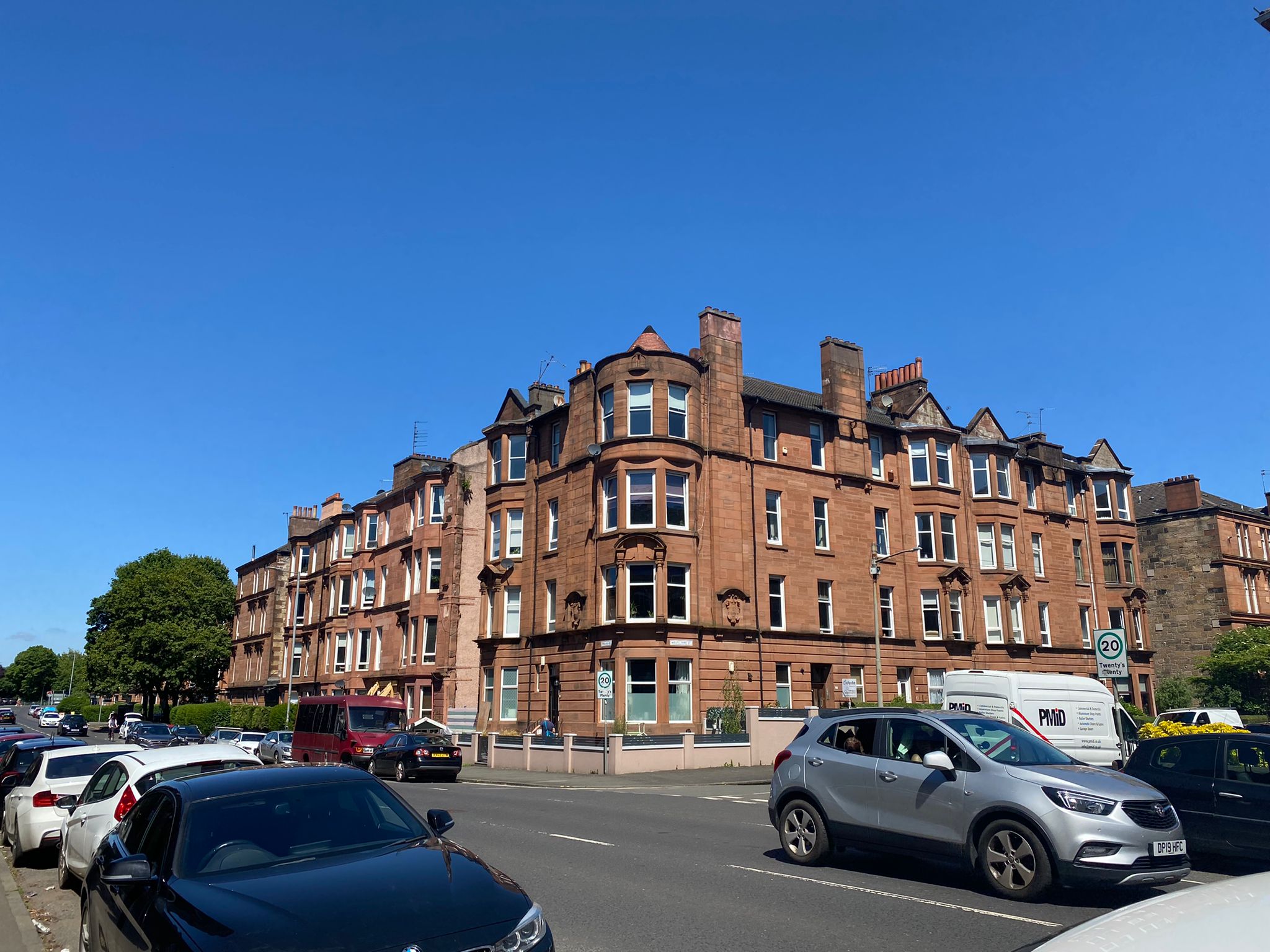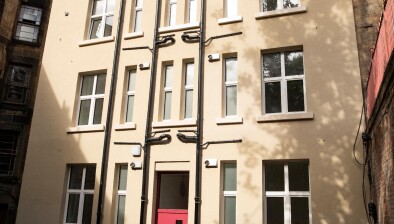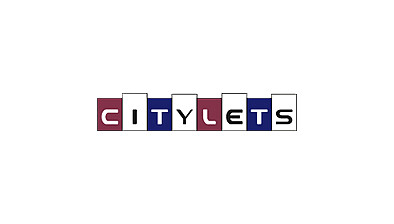Average 2-bedroom private rents up by 14.3% in a year

The average rent for a 2-bedroom private rented property increased by 14.3% in a year to reach an average of £841 per month, up £105 per month compared with the previous year, official figures have revealed.
Statistics on annual average private sector rents to the end of September 2023 have been released today by Scotland’s Chief Statistician.
These statistics are based predominantly on advertised rents, and so reflect rents that landlords are charging when their properties become available for rent at the point of tenant turnover or when properties are new to the rental market. As such these rents will not reflect the Cost of Living (Tenants Protection) (Scotland) Act 2022 rent cap restrictions from September 2022, which only apply to existing tenants.
Average rents for 2-bedroom properties, the most common size of property in the private rented sector, increased in all 18 Broad Rental Market Areas of Scotland compared with the previous year. Increases in 11 of these areas were above the average 12 month UK CPI inflation rate of 9.0%, ranging from 9.6% (or £59 per month) for South Lanarkshire up to 22.3% (or £191 per month) in Greater Glasgow. Whilst the lowest increases were seen in Dumfries and Galloway (1.5% or £7 per month), West Lothian (2.3% or £16 per month), Perth and Kinross (2.8% or £18 per month) and Highland and Islands (3.0% or £19 per month).
In the latest year to end September 2023, Lothian had the highest average monthly 2-bedroom rent (£1,192), with Dumfries and Galloway having the lowest (£487).
Average rents increased at a Scotland level in the latest year across all property size categories, with increases of:
- 11.7% or £68 per month for 1-bedroom properties, reaching £648 per month
- 14.3% or £105 per month for 2-bedroom properties, reaching £841 per month
- 13.3% or £121 per month for 3-bedroom properties, reaching £1,026 per month
- 13.4% or £196 per month for 4-bedroom properties, reaching £1,656 per month
- 15.1% or £64 per month for 1 bedroom shared properties, reaching £490 per month.
Over the longer term since 2010, Lothian and Greater Glasgow have seen increases in average rents above the rate of inflation between 2010 and 2023 across all property sizes.
Dundee and Angus, East Dunbartonshire, Fife and Forth Valley have seen increases in average rents above the rate of inflation for all property sizes except 1 bedroom properties. Whilst Argyll and Bute, the Ayrshires and Dumfries and Galloway have seen increases in average rents of less than the rate of inflation across all property sizes between 2010 and 2023.
Scottish Labour housing spokesperson Mark Griffin said: “These shocking increases lay bare the perilous state of Scotland’s housing sector.
“The SNP’s failure to use the opportunities of the rent freeze to act on the big problems in our housing sector has failed Scots.
“Private rents have risen year on year, wages have stagnated and the cost of living continues to bite.
“Scots are being forced to spend more and more of their hard-earned income just to have somewhere to live – and this is not good enough.
“A year on from the rent freeze, the SNP has failed to tackle the sky-high rents Scots face when starting a new lease. Scotland’s housing emergency will be ended through building more homes across all tenures. The SNP and the Greens must face up to reality and declare a housing emergency in Scotland.”
Tenants’ rights minister Patrick Harvie said: “These statistics show how rents charged by private landlords in Scotland have been rising for more than a decade, and they are yet more evidence of the importance of action to make rents more affordable.
“There is no one solution to addressing rent affordability and our work to introduce long term rent controls as part of the next Housing Bill is one measure being taken forward. This is alongside increasing the supply of affordable housing and our successful action to press the UK Government to increase Local Housing Allowance rates announced last week.
“Our temporary emergency legislation in response to the cost of living crisis has also provided tenants with much needed stability at a time when rents have been increasing across the UK. This includes a 3 per cent rent cap in most cases and a temporary pause on the enforcement of evictions. Only in Scotland have tenants had this protection during a tenancy. This rent cap applies only within existing tenancies, so is not reflected in these statistics which are based on newly advertised rents.”







